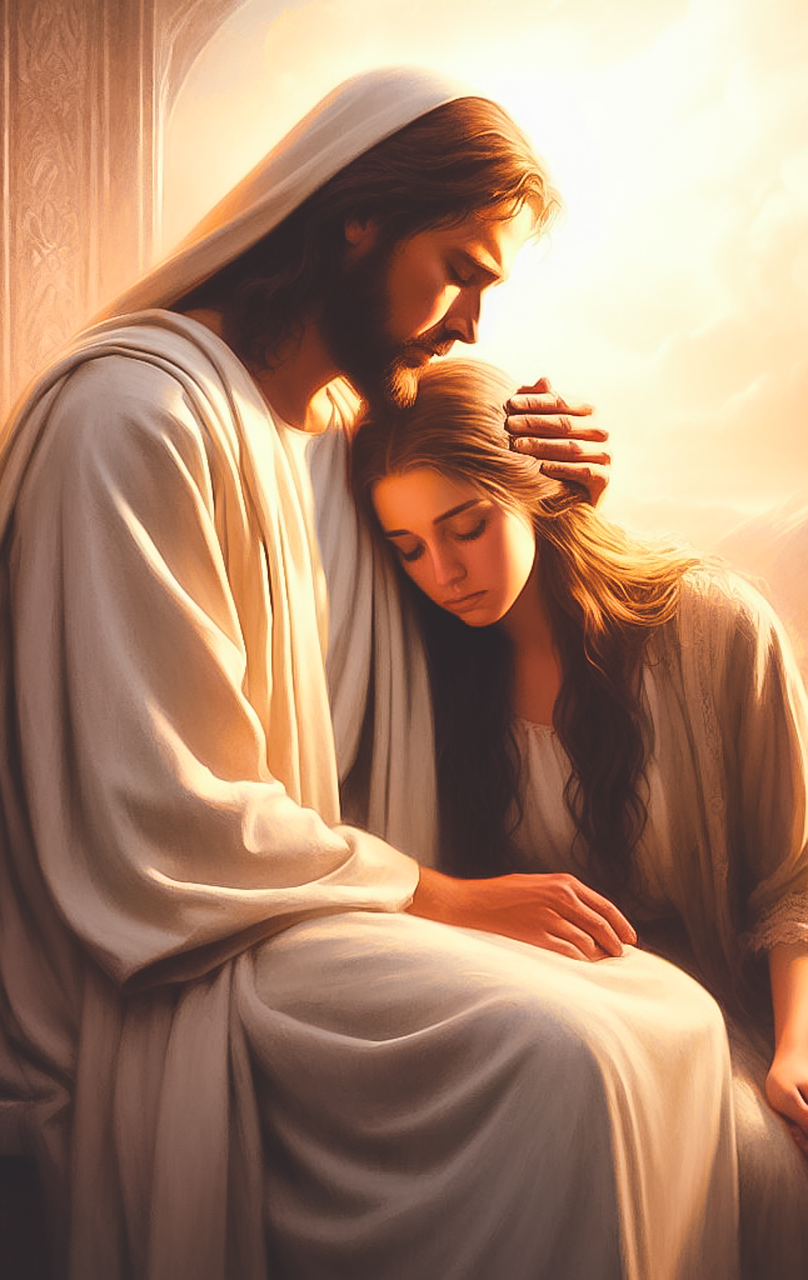Table of Contents
![]()
Introduction
Obsessive-Compulsive Disorder (OCD) is a chronic mental health condition characterized by persistent, intrusive thoughts (obsessions) and repetitive behaviors or mental acts (compulsions) performed to alleviate the distress caused by these thoughts. For instance, an individual might have an obsession about contamination and engage in excessive handwashing to relieve their anxiety. This disorder affects a significant portion of the population, with prevalence rates around 1-2% globally. OCD can severely impact daily functioning, interpersonal relationships, and overall quality of life. Effective therapy is crucial in managing symptoms and improving life outcomes.
Types of Therapy for OCD
Cognitive Behavioral Therapy (CBT)
Cognitive Behavioral Therapy (CBT) is a widely recognized and evidence-based treatment for OCD. CBT focuses on identifying and altering dysfunctional thought patterns and behaviors.
Exposure and Response Prevention (ERP)
Exposure and Response Prevention (ERP) is a core component of CBT for OCD. It involves systematically exposing individuals to situations that trigger their obsessions and then helping them resist the urge to perform compulsions. For example, someone with contamination fears might be exposed to a perceived dirty object and then guided to refrain from washing their hands. ERP aims to reduce anxiety over time by demonstrating that the feared outcomes do not materialize and by breaking the cycle of compulsion-driven relief. Extensive research supports ERP’s efficacy, showing significant symptom reduction in many patients.
Cognitive Restructuring
Cognitive restructuring involves challenging and modifying distorted beliefs that contribute to OCD symptoms. This technique helps individuals recognize and question irrational thoughts, such as exaggerated fears of harm or contamination. Therapists use various methods to reframe these thoughts, promoting healthier and more realistic ways of thinking. Cognitive restructuring can complement ERP by addressing the underlying cognitive distortions that fuel obsessions and compulsions.
Medication
Medication is another effective treatment modality for OCD, often used in conjunction with CBT.
Selective Serotonin Reuptake Inhibitors (SSRIs)
SSRIs, such as fluoxetine, fluvoxamine, and sertraline, are commonly prescribed for OCD. These medications increase serotonin levels in the brain, which is believed to help alleviate OCD symptoms. SSRIs have been shown to be effective in reducing obsessive thoughts and compulsive behaviors. However, they may have side effects, including nausea, weight gain, and sexual dysfunction. It often takes several weeks to notice improvements, and dosage adjustments may be necessary.
Other Medications
In addition to SSRIs, other medications may be used, including Serotonin-Norepinephrine Reuptake Inhibitors (SNRIs) like venlafaxine, and Tricyclic Antidepressants (TCAs) such as clomipramine. These alternatives can be considered if SSRIs are not effective or cause intolerable side effects. Augmentation strategies, such as adding a second medication, may also be employed for individuals who do not respond adequately to initial treatments.
Combined Therapy Approaches
Combining CBT and medication can be particularly effective for managing OCD. The integration of these approaches allows for a comprehensive treatment plan that addresses both the cognitive-behavioral aspects and the neurochemical imbalances associated with OCD. For many individuals, this combined approach leads to greater symptom relief and improved overall functioning compared to either treatment alone.
Alternative and Complementary Therapies
While traditional therapies are the cornerstone of OCD treatment, some individuals may benefit from alternative or complementary approaches.
Mindfulness-Based Cognitive Therapy (MBCT)
MBCT incorporates mindfulness practices to help individuals become more aware of their thoughts and feelings without reacting to them. This approach can reduce the intensity of OCD symptoms by promoting a non-judgmental awareness of intrusive thoughts and fostering a greater sense of control over one’s reactions.
Acceptance and Commitment Therapy (ACT)
ACT focuses on accepting unwanted thoughts and feelings rather than trying to change them. It emphasizes psychological flexibility and encourages individuals to engage in value-driven actions despite the presence of distressing thoughts. ACT can be beneficial for individuals who struggle with the avoidance and resistance often associated with OCD.
Other Non-Traditional Therapies
Other therapies, such as Schema Therapy or Narrative Therapy, might also be explored depending on individual needs and preferences. These approaches offer different perspectives on addressing the underlying issues contributing to OCD symptoms.
Therapeutic Techniques and Strategies
Building Therapeutic Alliance
A strong therapeutic alliance is essential for effective therapy. Establishing trust and rapport between the therapist and the client can enhance treatment adherence and outcomes. Therapists employ various strategies, such as active listening, empathy, and validation, to build a supportive and collaborative relationship.
Tailoring Treatment to Individual Needs
Effective therapy for OCD requires a personalized approach. Therapists assess the severity and specific characteristics of the client’s symptoms to tailor ERP and CBT techniques accordingly. For instance, someone with severe contamination fears might need a more gradual exposure approach compared to someone with less intense fears.
Addressing Challenges in Therapy
Therapists often encounter challenges such as client resistance, difficulties in exposure exercises, or lack of progress. Strategies to overcome these challenges include modifying exposure tasks, enhancing motivational interviewing techniques, and incorporating additional support resources.
Evidence and Effectiveness
Research Evidence for CBT and ERP
Numerous studies demonstrate the effectiveness of CBT, particularly ERP, in treating OCD. Research shows that ERP leads to significant reductions in symptoms and improvements in quality of life for many individuals. Meta-analyses indicate that CBT is among the most effective treatments for OCD, with long-term benefits and high success rates.
Research Evidence for Medication
Medication research highlights the efficacy of SSRIs and other pharmacological treatments for OCD. Studies show that these medications can significantly reduce symptoms, though response rates vary among individuals. Comparative studies also suggest that combining medication with CBT often yields the best results.
Comparative Effectiveness
Comparative studies suggest that while both CBT and medication are effective, CBT, especially ERP, tends to provide more durable and sustained symptom relief. Combining CBT with medication can offer a comprehensive approach that addresses both cognitive-behavioral and neurochemical aspects of the disorder.
Practical Considerations
Access to Therapy
Access to effective therapy can vary based on factors such as geographic location, availability of trained therapists, and financial constraints. Insurance coverage and cost considerations also play a role in determining accessibility. Teletherapy and online resources have improved access to therapy for some individuals.
Duration and Frequency of Therapy
The duration and frequency of therapy sessions can vary based on individual needs and treatment goals. Typically, CBT for OCD involves weekly sessions over several months, with the possibility of longer-term maintenance or follow-up. Medication management also requires regular monitoring and adjustments.
Self-Help and Support Resources
Self-help resources, such as books, online forums, and support groups, can complement formal therapy and provide additional support. Involvement of family and friends can also be crucial in reinforcing therapeutic strategies and providing emotional support.
Case Studies and Real-Life Examples
Success Stories
Case studies of individuals who have successfully managed their OCD through therapy illustrate the potential for positive outcomes. For example, a person who underwent ERP might experience significant reductions in their compulsions and improved daily functioning. These success stories highlight the effectiveness of therapy and offer hope to others facing similar challenges.
Challenges Faced
Some cases present significant challenges, such as severe symptomatology or resistance to treatment. Examples of these challenges and the strategies used to address them can provide valuable insights into overcoming obstacles and achieving therapeutic goals.
Future Directions and Emerging Treatments
Innovations in Therapy
Ongoing research and innovations continue to enhance OCD treatment. New developments in CBT techniques and ERP protocols aim to improve efficacy and adaptability. Additionally, advances in medication research are exploring new pharmacological options and combinations.
Potential for Technology Integration
Technology is increasingly integrated into OCD treatment, with apps and digital platforms offering supplementary support and tracking. Teletherapy has also expanded access to therapy, allowing individuals to receive treatment from remote locations.
Ongoing Research and Trials
Current research studies and clinical trials are investigating novel treatments and approaches for OCD. Emerging areas of investigation include neurobiological studies, new pharmacological agents, and innovative therapeutic techniques.
Conclusion
Effective therapy for OCD involves a multifaceted approach, incorporating evidence-based treatments such as CBT and medication, along with potential alternative and complementary therapies. A personalized and adaptable treatment plan, supported by a strong therapeutic alliance and ongoing research, can significantly improve outcomes for individuals with OCD. Continued exploration of new treatments and technologies holds promise for further advancements in managing this challenging disorder.
Share This





Be the first to comment